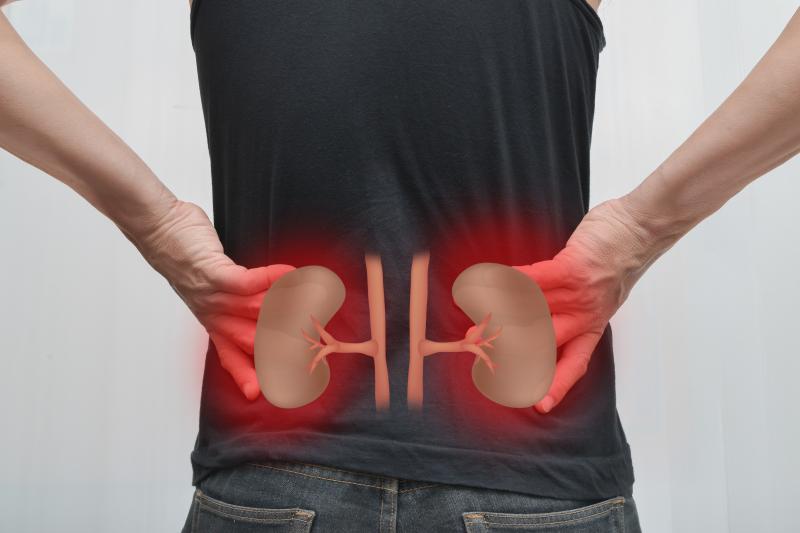
Anaemia negatively impacts not only the physical but also the emotional and social health of chronic kidney disease (CKD) patients, according to a study presented at the recently concluded Kidney Week 2019 of the American Society of Nephrology (ASN 2019).
“These findings emphasize the challenges [healthcare providers] and patients face concerning the need for further education on the association between CKD and anaemia, symptoms associated with anaemia, and the available treatment options for anaemia,” said researchers.
Of 446 CKD patients (69.3 percent female) surveyed, 57.2 percent (n=255) had concomitant anaemia. These patients tended to have hyperkalaemia (23.9 percent vs 15.2 percent), type 2 diabetes or high blood glucose (31.4 percent vs 27.2 percent), and myocardial infarction, angina or chronic heart failure (16.5 percent vs 11.0 percent) than their no-anaemia counterparts. [ASN 2019, abstract PO232]
Patients suffering from anaemia reported worse quality of life. This was driven mostly by lack of energy, which was the physical symptom most strongly affected by anaemia, and illness. Some patients also reported feeling pain and nausea, while few agreed that they slept well or that they are satisfied with their quality of life.
Anaemia also had negative effects on emotional and social quality of life. While some patients noted that they received emotional support from their friends and family, others nevertheless felt sad and/or depressed and nervous about the future. Some even worried that their condition was worsening or that they were dying.
Overall knowledge about anaemia and treatment possibilities was high. Seventy-one percent, for example, understood the relationship between CKD and anaemia. Despite this, only 46 percent of those with anaemia knew their haemoglobin level. This was even lower in participants without anaemia (27 percent).
Majority of patients (76 percent) believed that anaemia can be treated. However, only 50 percent were informed about different treatment options without needing to ask their attending professional. Almost half (44 percent) of the anaemia patients said that they would like to receive more information about disease management.
Patients sought the said information out by themselves using a variety of different sources. A large proportion (44.4 percent) turned to online references and social media for their information, while 20.1 percent asked other patients and/or their family members. Only 27.1 percent obtained additional management information from healthcare professionals.
Notably, however, information from professionals, particularly from specialists, was most trusted by patients. This presents an opportunity for improving disease education in the hospital setting.
The current findings suggest that “improved discussions with trusted sources or providing more reliable and trustworthy information online” may help increase the quality of care that CKD patients with anaemia receive, said the researchers.
“This information can inform stakeholder decision making on the diagnosis and management of anaemia in CKD,” they added.